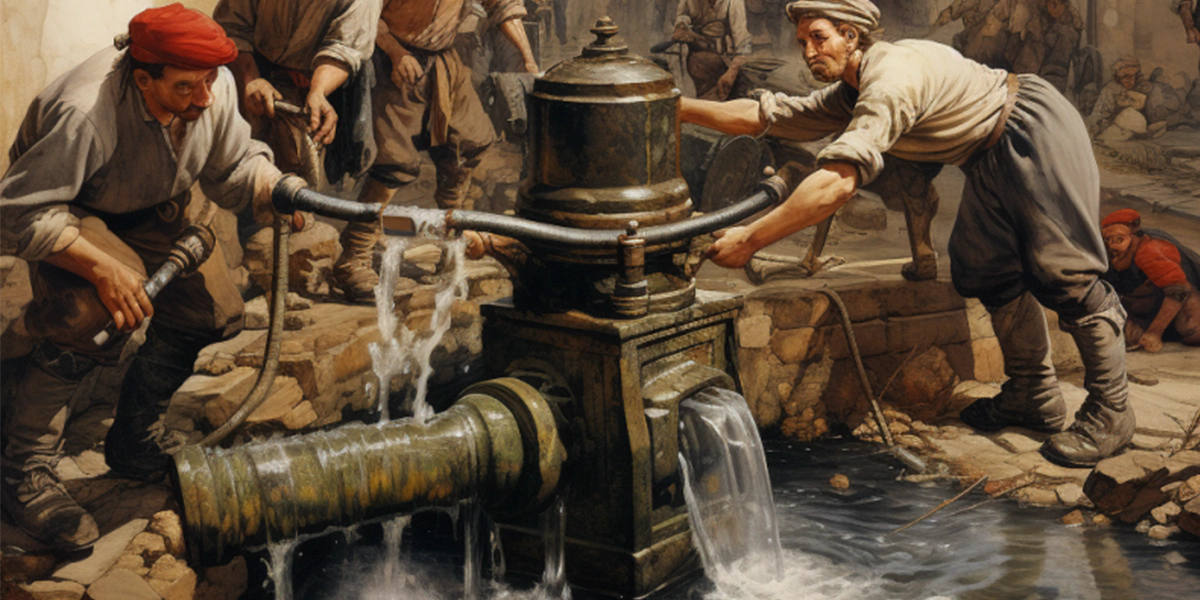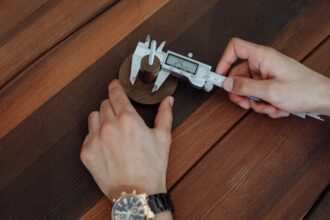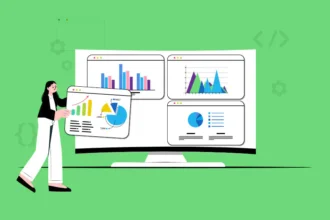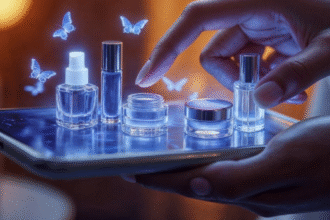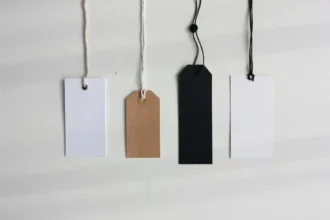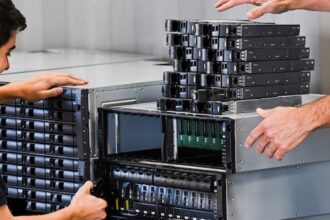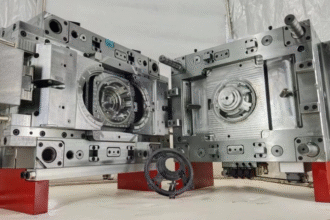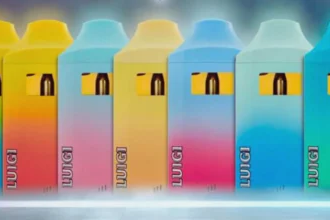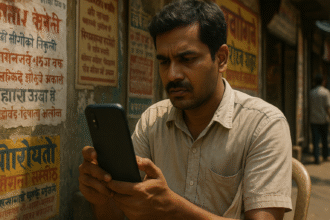Think about the last time you turned on a tap, flushed a toilet, or ran a hot shower. Now imagine life without those things. Behind every modern convenience is a profession that’s often overlooked but vital — the plumber. Plumbing is more than fixing leaks or unclogging drains. It’s a story of innovation, sanitation, and survival.
- The Birth of Plumbing in Ancient Civilizations
- Plumbing and Public Health: A Global Evolution
- The Modern Plumber: Skills in a Changing World
- Cultural Perception: From Blue-Collar to Brainpower
- Environmental Impact and Green Plumbing
- Why Plumbing Still Matters in the 21st Century
- Conclusion: Honoring the Invisible Architects of Clean Living
- FAQs
The Birth of Plumbing in Ancient Civilizations
Water in the Time of Pharaohs and Emperors
Long before the word “plumber” existed, humans sought ways to control water. In Ancient Egypt, stone channels carried water from the Nile to cities, and royalty had rudimentary bathrooms. The real revolution came with Ancient Rome, where Roman aqueducts — some still standing today — transported clean water across vast distances.
These early innovations laid the foundation for modern plumbing systems, introducing ideas like public baths, underground sewage, and pressurized water.
Lead and the Legacy of Roman Plumbing
The term “plumber” originates from the Latin word plumbum, meaning lead. Roman plumbers used lead pipes for water distribution, a material both durable and, unknowingly, dangerous to health. Despite this, their system of piping, valves, and drainage remains one of the most advanced pre-modern plumbing feats in history.
Plumbing and Public Health: A Global Evolution
The Black Death and the Urge for Clean Water
The Middle Ages were a step backward in sanitation. Cities grew, but sewer systems did not. Waste often flowed through open gutters, creating breeding grounds for disease. The Black Death and other plagues highlighted the need for sanitation, eventually leading to better drainage, waste removal, and water filtration methods.
19th Century Breakthroughs: Plumbing Meets Science
By the 1800s, cities like London and New York began installing sewer systems to combat recurring cholera outbreaks. Dr. John Snow’s work tracing cholera to contaminated water in London marked a turning point in linking plumbing to public health. From then on, plumbers were seen not just as tradespeople, but as key protectors of human life.
The Modern Plumber: Skills in a Changing World
More Than Wrenches and Pipes
Today’s plumber wears many hats: engineer, inspector, technician, and sometimes even designer. Modern plumbers install water heaters, handle gas lines, repair complex filtration systems, and integrate smart plumbing technologies.
They also work in commercial buildings, hospitals, factories, and data centers — ensuring everything from sanitation to HVAC cooling flows smoothly. A licensed plumber must stay updated on building codes, safety protocols, and green plumbing innovations.
Plumbing in the Age of Smart Homes
The rise of smart home technology has brought plumbing into the digital age. Devices now monitor leaks, control water flow remotely, and optimize energy usage. Today’s plumber needs digital literacy alongside hands-on skills.
Cultural Perception: From Blue-Collar to Brainpower
The Social Stigma and the Reality
For decades, trades like plumbing were undervalued compared to white-collar careers. But that perception is changing. Today, plumbers are recognized as highly skilled professionals — and rightly so.
A master plumber undergoes years of training, passes licensing exams, and often runs a business. With rising demand and shrinking supply of skilled workers, plumbers are now among the most sought-after and well-paid trades in many regions.
Plumbing and Gender Gaps
Historically male-dominated, the plumbing industry is slowly opening up to women. Programs and apprenticeships across North America, Australia, and Europe are encouraging more gender diversity in the trade — an important step for equity and innovation in the field.
Environmental Impact and Green Plumbing
Water Conservation Through Innovation
Plumbers are at the frontlines of water conservation. From installing low-flow toilets to designing rainwater harvesting systems, they directly help reduce water waste and energy consumption.
Some cities now require green plumbing certifications for new builds, making eco-savvy plumbers even more essential.
Greywater and Sustainable Systems
Advanced systems now reuse greywater — from sinks or showers — for irrigation or flushing toilets. Smart leak detection prevents water damage and mold. All these require plumbers trained in sustainability, design, and emerging technologies.
Why Plumbing Still Matters in the 21st Century
Plumbing isn’t just a trade; it’s a safeguard of public health, a pillar of urban planning, and a driver of technological advancement. Without plumbers:
- Hospitals couldn’t sanitize properly.
- Cities would flood or dry out.
- Families would face serious health risks.
Conclusion: Honoring the Invisible Architects of Clean Living
From ancient Rome’s aqueduct builders to today’s tech-savvy plumbers, this profession has quietly shaped history. Every tap turned, every shower taken, and every glass of clean water is thanks to their work.
Plumbers are not just pipe-fitters — they are public health defenders, infrastructure builders, and eco-warriors. Their legacy spans centuries, yet their importance continues to grow in a world seeking cleaner, smarter, and safer ways to live.
So, the next time your sink drains perfectly or your hot water flows on a cold morning, give a silent nod to the professionals who make it all possible.
FAQs
1. What does a plumber do?
A plumber installs and repairs piping systems for water, gas, and waste. They work in homes, offices, and factories, ensuring everything from toilets to boilers runs smoothly and safely.
2. Why are plumbers important for public health?
Plumbers prevent disease by ensuring clean water and proper sanitation. Their work keeps sewage contained, drinking water safe, and buildings free from harmful leaks or contamination.
3. Are plumbers trained or licensed professionals?
Yes. Most plumbers complete years of apprenticeship, pass certification exams, and must follow local building codes. A licensed plumber is both skilled and legally qualified to handle complex systems.
4. How is plumbing evolving in smart homes?
Smart plumbing uses technology like sensors, leak detectors, and app-controlled devices to optimize water usage. Plumbers now install and service these advanced systems for more efficient, eco-friendly homes.


